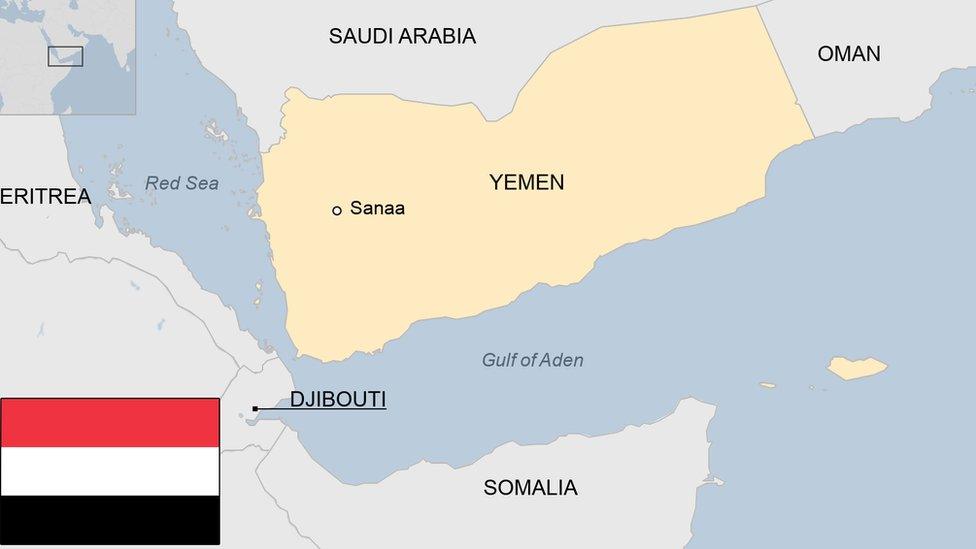UK to increase aid to £100m to help war-torn Yemen
- Published
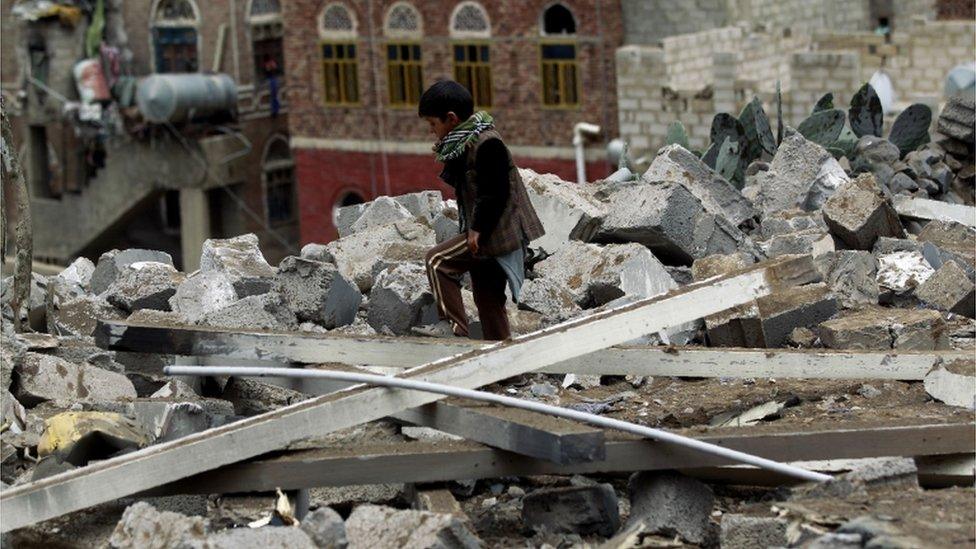
The UK is to increase the humanitarian aid it gives to Yemen to help millions who are suffering in the war-ravaged country, International Development Secretary Priti Patel has said.
She told the BBC that the government would spend an extra £37m this year, bringing the total to £100m.
It comes as the UK is facing criticism for selling arms to Saudi Arabia which could be used in Yemen's civil war.
Ms Patel said the UK has "a robust policy and position" on arms controls.
Last year the British government approved more than £3bn worth of arms sales to Saudi Arabia.
'Children dying'
For more than a year, a military coalition led by the Saudis - and backed by the UK - has been bombing rebel forces in Yemen, in a bid to reinstate the government that was overthrown in 2014.
More than 3,000 civilians have been killed in the conflict, and millions have been forced from their homes.
The fighting has pushed one of the poorest countries in the Middle East to the brink of famine.
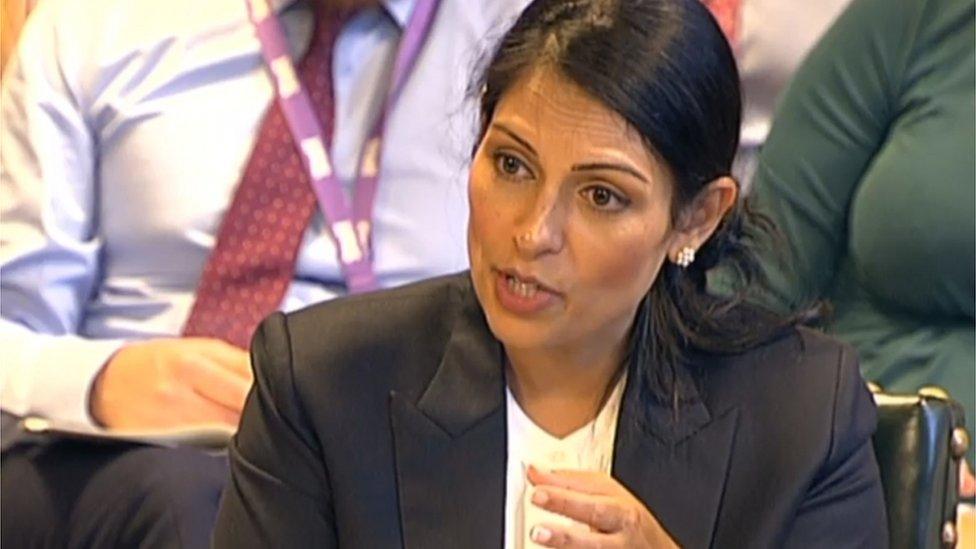
Speaking at the United Nations in New York, Ms Patel told the BBC: "People are suffering. There's no water or clean sanitation, there is a public health crisis, children are dying, there is a need for food and shelter."
She added that 19 million people in Yemen had no access to water or sanitation, while 80% of the population were in need of humanitarian assistance.
She described co-chairing a meeting that was attended by the whole international community including the Saudis, who she said recognised the international community needed to work together to get aid to Yemen.
'Paradox'
The £100 million commitment this year makes the UK the world's fourth largest donor.
BBC diplomatic correspondent James Landale said there was a paradox to the humanitarian aid.
"With one hand, Britain is giving more aid to Yemen. But with the other, it is also selling lots of weapons to Saudi Arabia, some of which - MPs claim - are being used in airstrikes that breach international humanitarian law by targeting schools and hospitals."
Former Development Secretary Andrew Mitchell said this contradiction meant the government had to do more to restrain the Saudis.
The government insists it is putting pressure on Saudi Arabia to investigate alleged atrocities.
Last month, the aid agency Oxfam accused UK ministers of "denial and disarray" over an agreement to sell arms to Saudi Arabia, which could be used in Yemen.
At the time, a government spokeswoman said it was satisfied that the Saudi deals complied with the UK's "export licensing criteria".

Yemen conflict
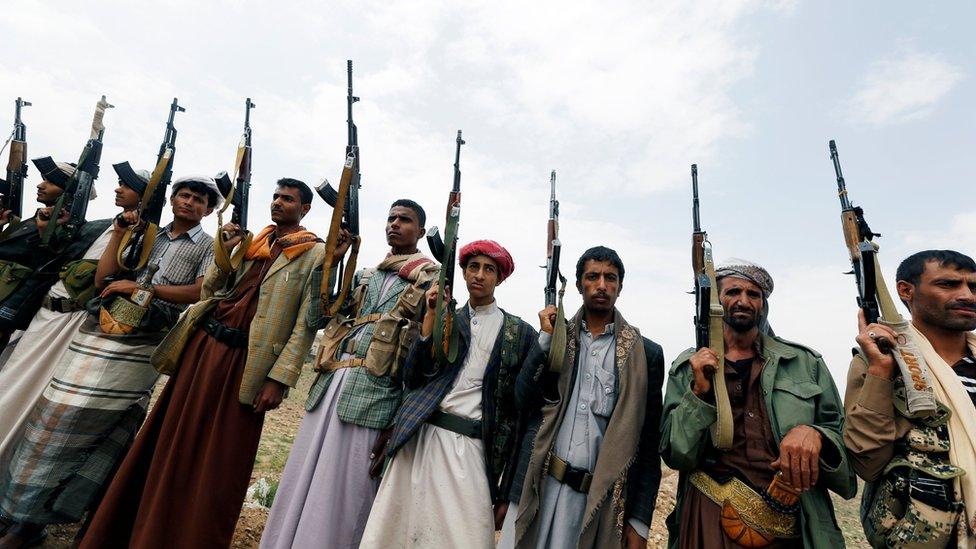
Tribesmen loyal to the Houthi movement, which aims to overthrow Yemen's government
Competing forces are fighting for control of Yemen, in a power struggle with serious implications not just for the region, but the security of the West.
The battles are between several different groups, with the main fighting between forces loyal to President Abdrabbuh Mansour Hadi, and those allied to Zaidi Shia rebels known as Houthis, who forced Mr Hadi to flee the capital Sanaa in February 2015.
But Yemen's security forces themselves have split loyalties, with some backing Mr Hadi, and others the Houthis and Mr Hadi's predecessor - the still-influential Ali Abdullah Saleh.
Meanwhile, both President Hadi and the Houthis are opposed by al-Qaeda in the Arabian Peninsula (AQAP).
And the emergence in late 2014 of a Yemen affiliate of the jihadist group Islamic State, which seeks to eclipse AQAP, has further complicated the deadly ongoing scenario.

- Published21 September 2016
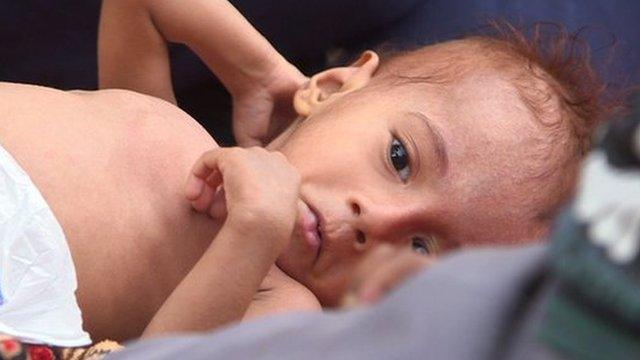
- Published21 September 2016
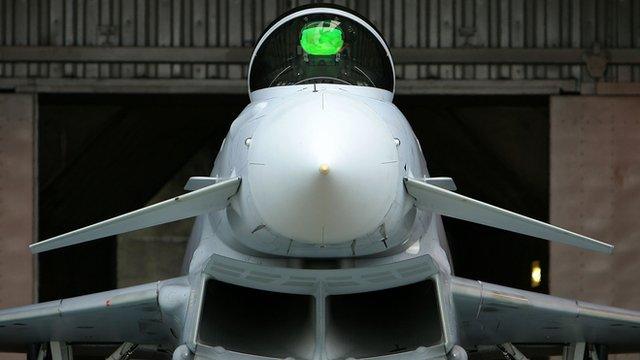
- Published23 August 2016
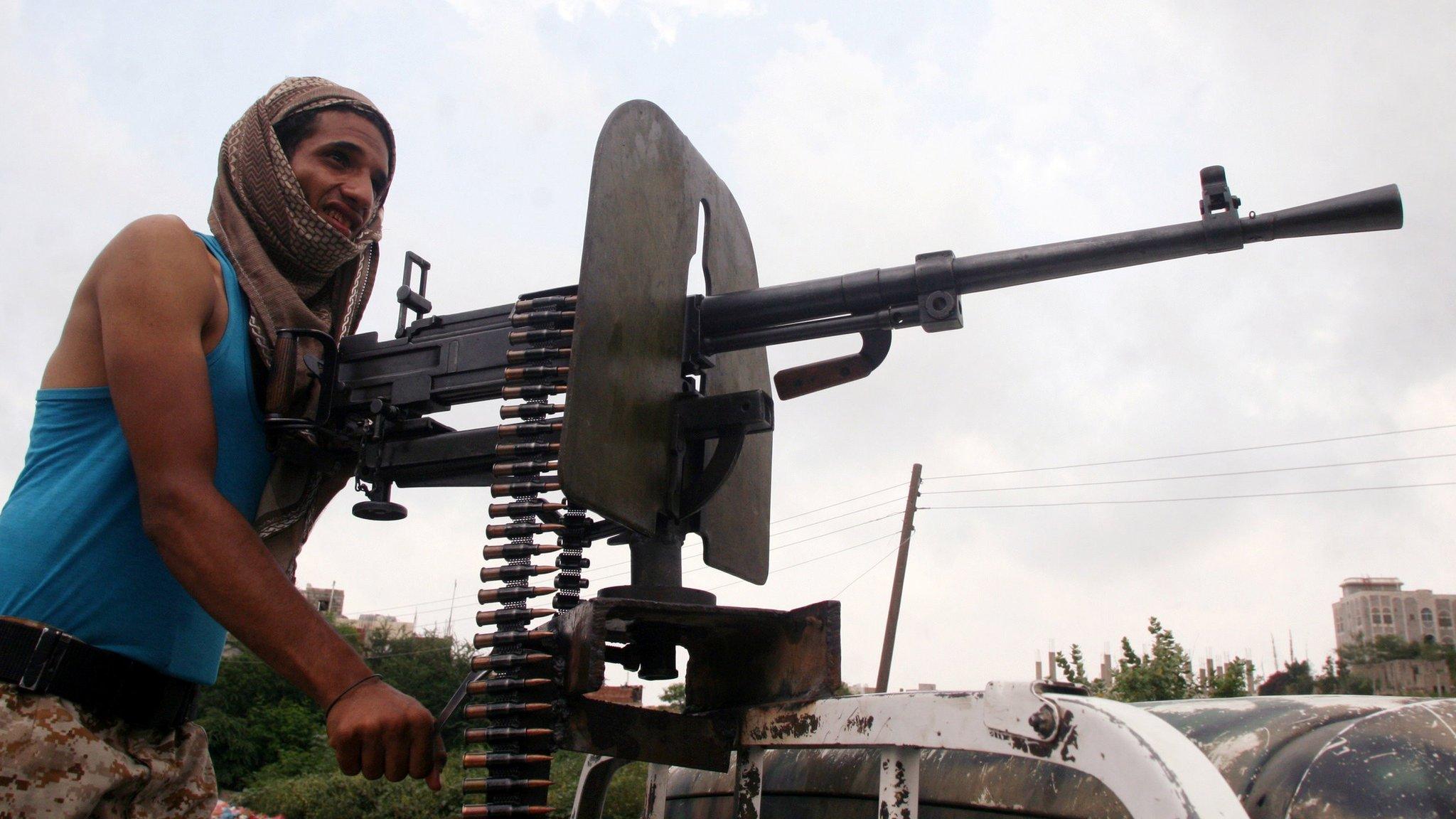
- Published13 February 2024
